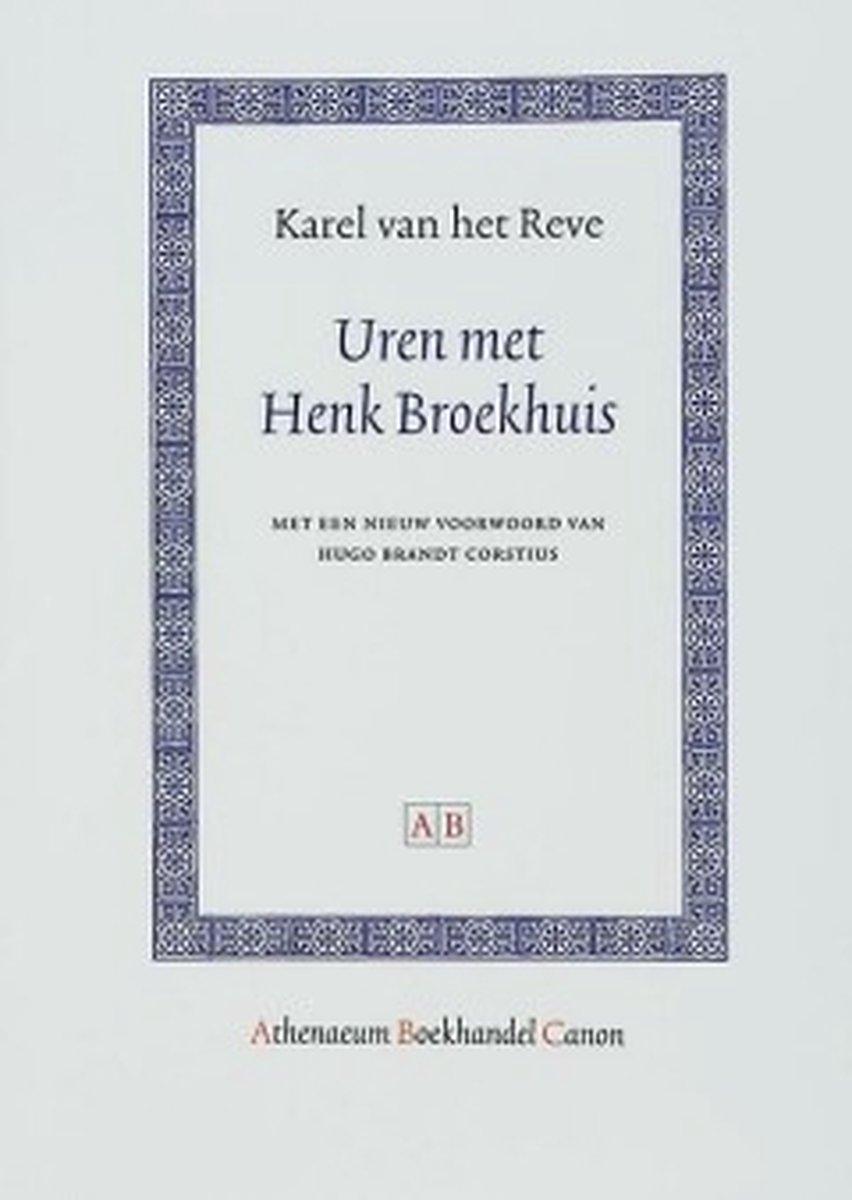Hours with Henk Broekhuis
Karel van het Reve was a professor of Slavic literature, but he is mainly known as an essayist. For decades his was the voice of common sense, as he picked holes in fashionable beliefs before consigning them to the bin. He was at his best when letting fly at popular ‘truths’, whether derived from everyday life or borrowed from acknowledged authorities.

He questioned, often to devastating effect, Freud’s ideas, Darwin’s theory of evolution, literary studies, the communist world view, Dostoyevsky’s reputation, sociology, the revolutionary left, religion and much more. His weapons were level-headedness, humour, an irrepressible urge to rile and pester, and above all a clear, deceptively simple style.
Van het Reve came from a communist background. His books and articles about Russian writing included The Soviet Annexation of the Classics, a contrarian history of the country’s literature up to the end of the nineteenth century. Van het Reve worked as a correspondent in Moscow for a year, from 1967 to 1968. As a result of coming into contact with samizdat Russian writers, some of whom became his friends, he set up the Alexander Herzen Foundation to ensure that their work could be published in the West. One of his most important books was The Faith of the Comrades, a masterly dismantling of communist doctrine. Having abandoned the communist faith, Van het Reve seems to have resolved never again to become the victim of any such delusionary system. He could spot humbug at ten paces and would fervently set about combating it.
Irresistible: a lucid style, brilliant examples, and, throughout, the deadpan expression of a man standing aside and refusing to be flustered by all the fuss.
de Volkskrant
Hours with Henk Broekhuis is a collection of articles first published in a prominent newspaper. Henk Broekhuis was the upright Dutch persona he adopted for the collection. Each article analyses and refutes a popular misconception, received idea or fashionable opinion. He writes about the pencil as a phallic symbol, a light bulb that would burn for a century, the dangers of swimming in ebb and flood tides, the poor getting poorer as the rich get richer, the influence of advertising, the Russian revolution, Jewish dietary laws – in short, all manner of issues in the fields of culture, politics, religion and society. These essays have lost none of their topicality.
In recent years Van het Reve’s collected works have been published in a seven-volume India-paper edition (6,500 pages in total), meeting with a degree of success unprecedented for essayistic writing. More than ten years after his death, he is back at the centre of public debate. On many an issue, columnists sigh: ‘I wonder what his opinion would have been about this,’ or, ‘If only Karel van het Reve was still alive.’
With his feigned innocence, Karel van het Reve has been making the Netherlands think for some fifty years.
Vrij Nederland
